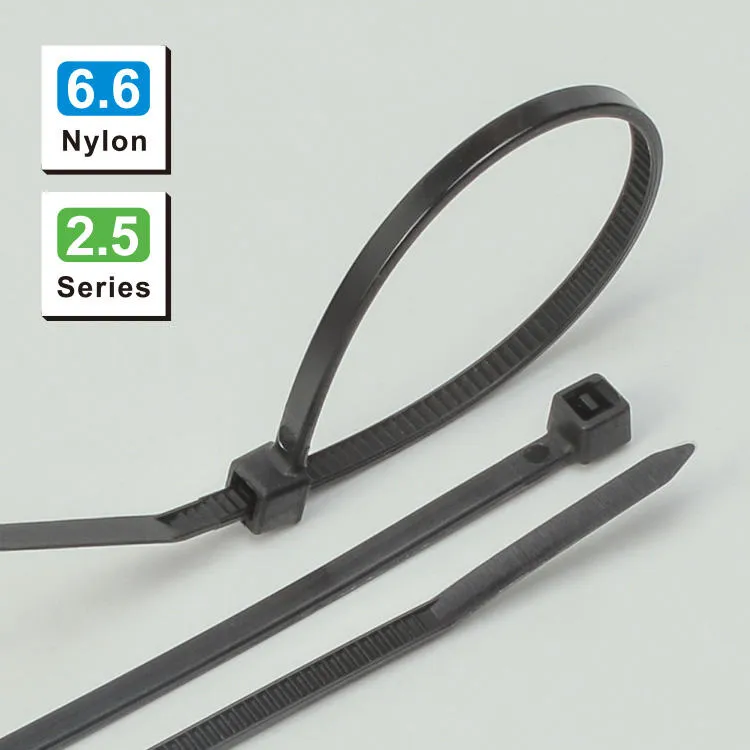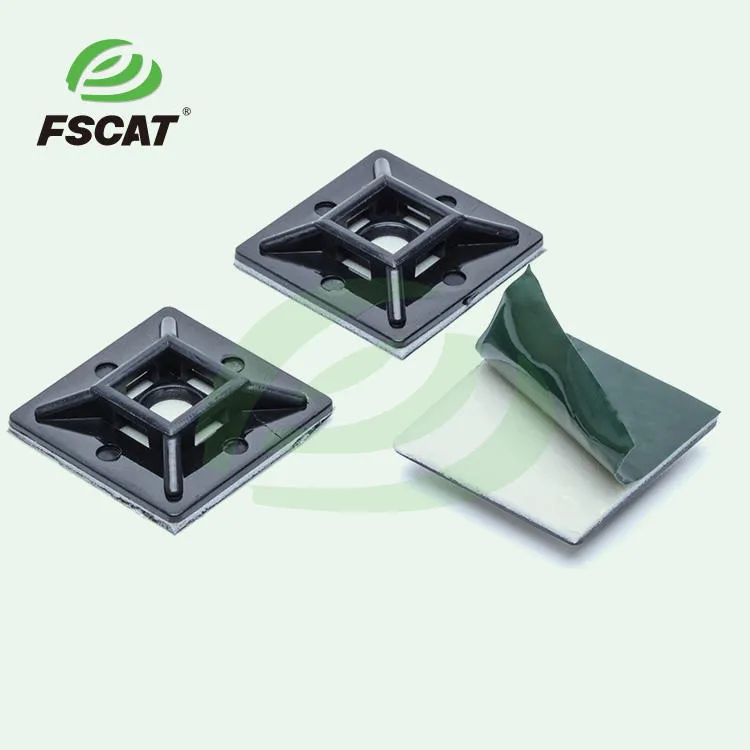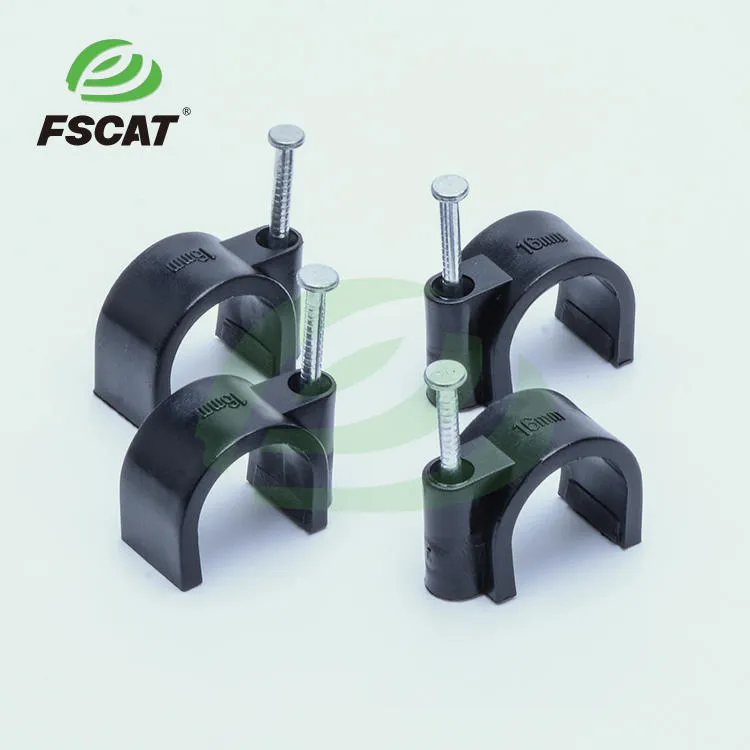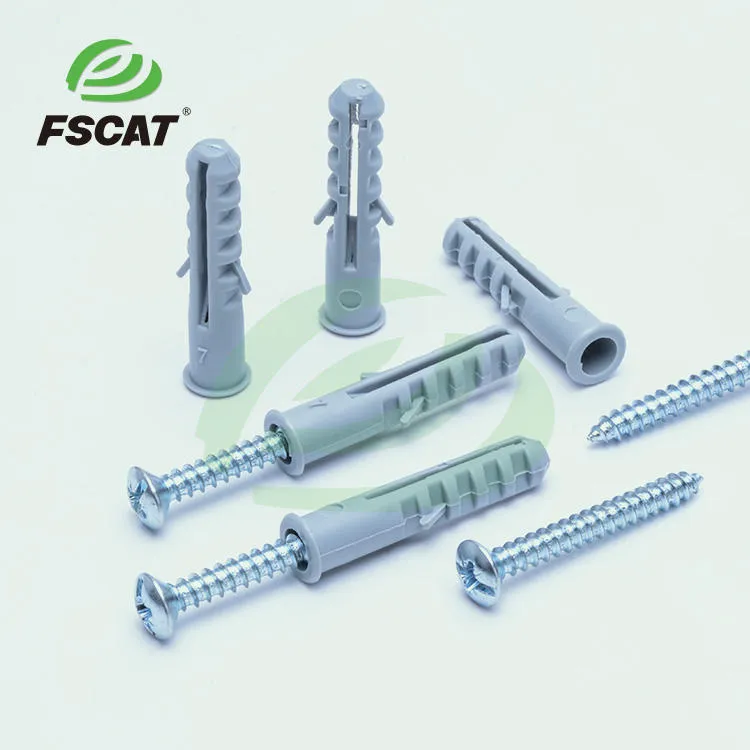Can Nylon Cable Ties Be Used in Wet Environments?
Wet environments—outdoor wiring, refrigerated storage, or moist industrial areas—pose challenges for fastening solutions. Many users wonder if Nylon Cable Ties can withstand water, humidity, or dampness without losing strength. The answer lies in product features and quality; below, we break down facts from professional production standards and verified product data to clarify this.
Critical Factors for Nylon Cable Ties in Wet Environments
For Nylon Cable Ties to work reliably in moisture, two core traits matter: material resistance to water absorption and anti-aging performance.
Material Moisture Resistance
High-quality nylon in specialized ties minimizes water absorption. Unlike low-grade options that swell or become brittle when wet, these maintain structural integrity after repeated humidity or light water contact—ideal for outdoor cable management or refrigerated logistics.
Anti-Aging Performance in Dampness
Moisture speeds up aging, but Nylon Cable Ties with anti-ultraviolet (UV) properties resist both sun damage and UV-moisture degradation. They suit outdoor wet scenarios like solar panel wiring or garden irrigation.
Suitable Product Types for Wet Environments
Basic Nylon Cable Ties may not work for prolonged wet use, but three specialized variants from reliable product series are tailored to such conditions:
Low-Temperature Resistant Ties for Cold Wet Settings
Cold wet environments (freezers, cold-chain transport) need ties that handle moisture and freezing temps. Low-temperature resistant Nylon Cable Ties—made of high-performance nylon—stay flexible and strong at -40°C, avoiding cracking from icy moisture.
ETFE-Coated Ties for Corrosive Wet Areas
In industrial wet environments with chemicals (water-based manufacturing), ETFE (Teflon)-coated ties excel. Per verified specs, they resist 170°C for 720 hours and have strong chemical corrosion resistance—perfect for industrial piping or chemical facility wiring.
Polypropylene Cable Ties for Humid Non-Corrosive Areas
For damp settings without strong corrosion (e.g., indoor wiring, agricultural irrigation equipment), moisture-resistant Polypropylene Cable Ties are a practical choice. Their polypropylene material inherently repels moisture, preventing weakening or deformation—ideal for consistent humidity without harsh substances.
Quality Assurance for Wet-Environment Reliability
Even with good design, strict testing and certifications guarantee wet-environment performance:
Professional Testing for Moisture Durability
Professional testing processes use high-low temperature testers to simulate moisture-extreme temperature cycles, while tensile strength testers check holding power post-wet conditioning—ensuring products meet standards before launch.
International Certifications for Compliance
Certifications like ISO 9001-2015, SGS, and RoHS (verified via industry records) mean Nylon Cable Ties and Polypropylene Cable Ties pass rigorous checks, including moisture resistance, adhering to global safety standards.
Conclusion
In short, Nylon Cable Ties absolutely work well in wet environments—you just need to pick the right type for your specific scenario. By choosing these specialized, certified products, users ensure reliable fastening in any wet scenario.
If you need fastening solutions for wet environments, such as outdoor projects, cold storage, or damp indoor use, visit our product page to explore our full range of nylon cable ties. These products have been tested in over 60 countries and are proven to solve real-world wet environment challenges.






